
Kód: 04936889
Cogito and the Unconscious
The Cartesian cogito - the principle articulated by Descartes that "I think, therefore I am" - is often hailed as the precursor of modern science. At the same time, the cogito's agent, the ego, is sometimes feared as the agency of ... celý popis
- Jazyk:
 Angličtina
Angličtina - Väzba: Pevná
- Počet strán: 288
Nakladateľ: Duke University Press, 1998
- Viac informácií o knihe

128.39 €
Dostupnosť:
50 % šanca Máme informáciu, že by titul mohol byť dostupný. Na základe vašej objednávky sa ho pokúsime do 6 týždňov zabezpečiť.
Máme informáciu, že by titul mohol byť dostupný. Na základe vašej objednávky sa ho pokúsime do 6 týždňov zabezpečiť.Prehľadáme celý svet
Mohlo by sa vám tiež páčiť
-
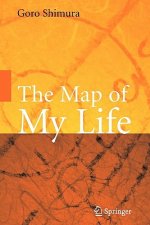
Map of My Life
105.54 € -

The Big Disconnect
13.54 € -25 % -
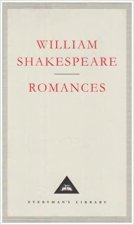
Romances
18.59 € -18 % -

Complications in Implant Dentistry, An Issue of Dental Clinics of North America
84.51 € -4 % -

Reconsiderations
43.77 € -

Full of Grace
13.33 € -26 % -

Collaborative Information Seeking
115.95 €
Darčekový poukaz: Radosť zaručená
- Darujte poukaz v ľubovoľnej hodnote, a my sa postaráme o zvyšok.
- Poukaz sa vzťahuje na všetky produkty v našej ponuke.
- Elektronický poukaz si vytlačíte z e-mailu a môžete ho ihneď darovať.
- Platnosť poukazu je 12 mesiacov od dátumu vystavenia.
Informovať o naskladnení knihy
Zadajte do formulára e-mailovú adresu a akonáhle knihu naskladníme, zašleme vám o tom správu. Postrážime všetko za vás.
Viac informácií o knihe Cogito and the Unconscious
Nákupom získate 321 bodov
 Anotácia knihy
Anotácia knihy
The Cartesian cogito - the principle articulated by Descartes that "I think, therefore I am" - is often hailed as the precursor of modern science. At the same time, the cogito's agent, the ego, is sometimes feared as the agency of manipulative domination responsible for all present woes, from patriarchal oppression to ecological catastrophes. Without psychoanalysing philosophy, Cogito and the Unconscious explores the vicissitudes of the cogito and shows that psychoanalyses can render visible a constitutive madness within modern philosophy, the point at which "I think, therefore I am" becomes obsessional neurosis characterised by "If I stop thinking, I will cease to exist." Noting that for Lacan the Cartesian construct is the same as the Freudian "subject of the unconscious," the contributors follow Lacan's plea for a psychoanalytic return to the cogito. Along the path of this return, they examine the ethical attitude that befits modern subjectivity; the inherent sexualisation of modern subjectivity; the impasse in which the Cartesian project becomes involved given the enigmatic status of the human body; and the Cartesian subject's confrontation with its modern critics including Althusser, Bataille, and Dennett. In a style that has become familiar to Zizek's readers, these essays bring together a strict conceptual analysis and an approach to a wide range of cultural and ideological phenomena - from the sadist paradoxes of Kant's moral philosophy to the universe of Ayn Rand's novels, from the question "Which, if any, is the sex of the cogito?" to the defense of the cogito against the onslaught of cognitive sciences. Challenging us to reconsider fundamental notions of human consciousness and modern subjectivity, this is a book whose very Lacanian orthodoxy makes it irreverently transgressive of predominant theoretical paradigms. Cogito and the Unconscious will appeal to readers interested in philosophy, psychoanalysis, cultural studies, and theories of ideology. Contributors: Miran Bozovic, Mladen Dolar, Alain Grosrichard, Marc de Kessel, Robert Pfaller, Renata Salecl, Slavoj Zizek, Alenka Zuapncic Slavoj Zizek is Senior Researcher at the Institute for Social Sciences at the University of Ljubjana, Slovenia. SIC, volume 2.
 Parametre knihy
Parametre knihy
Zaradenie knihy Knihy po anglicky Society & social sciences Psychology Psychological theory & schools of thought
128.39 €
- Celý názov: Cogito and the Unconscious
- Podnázov: sic 2
- Jazyk:
 Angličtina
Angličtina - Väzba: Pevná
- Počet strán: 288
- EAN: 9780822320838
- ISBN: 0822320835
- ID: 04936889
- Nakladateľ: Duke University Press
- Rozmery: 152 × 229 mm
- Dátum vydania: 08. April 1998
Obľúbené z iného súdka
-

Behave
12.32 € -16 % -
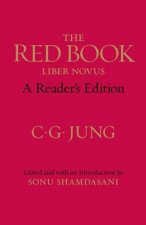
The Red Book – A Reader`s Edition
38.61 € -15 % -

Memories, Dreams, Reflections
13.33 € -10 % -
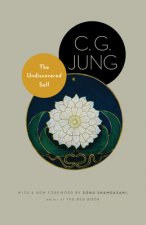
The Undiscovered Self
8.99 € -26 % -

The Empathy Game
15.46 € -14 % -

Red Book
240.91 € -17 % -
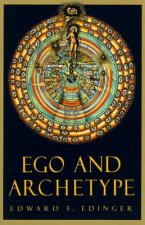
Ego and Archetype
23.14 € -14 % -

Inner Gold
20.41 € -2 % -
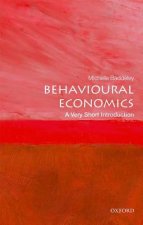
Behavioural Economics: A Very Short Introduction
8.99 € -27 % -

A General Introduction to Psychoanalysis
5.45 € -26 % -
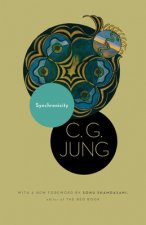
Synchronicity – An Acausal Connecting Principle
14.24 € -9 % -

Emotional Intelligence
11.51 € -
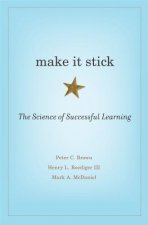
Make It Stick
34.46 € -
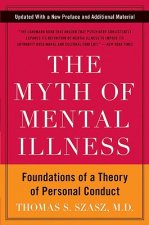
The Myth of Mental Illness
13.33 € -28 % -

Home is Where We Start from
13.33 € -28 % -
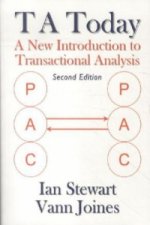
T A Today
20.41 € -9 % -

Masculine and Feminine
22.94 € -25 % -
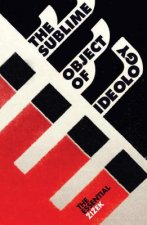
The Sublime Object of Ideology
18.29 € -7 % -
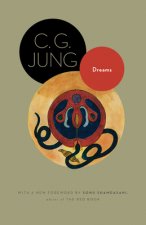
Dreams
14.04 € -26 % -
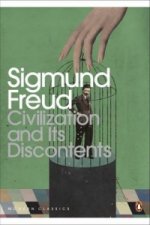
Civilization and Its Discontents
10.91 € -15 % -
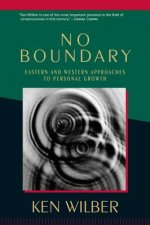
No Boundary
13.44 € -26 % -
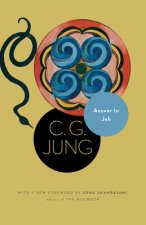
Answer to Job
8.28 € -26 % -

Integral Psychology
20.01 € -26 % -
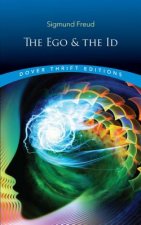
Ego and the Id
3.83 € -17 % -

Jung's Studies in Astrology
47 € -3 % -
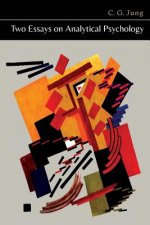
Two Essays on Analytical Psychology
14.85 € -

Ego, Hunger and Aggression
38.91 € -

Red Book of C.G. Jung
41.84 € -

Touched With Fire
12.32 € -28 % -

Beyond the Pleasure Principle
4.34 € -18 % -
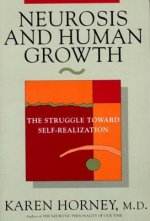
Neurosis and Human Growth
19.50 € -15 % -
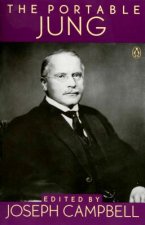
Portable Jung
23.65 € -30 % -
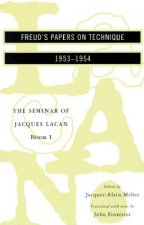
Seminar of Jacques Lacan
21.83 € -15 % -
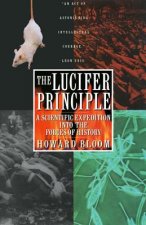
Lucifer Principle
16.97 € -19 % -
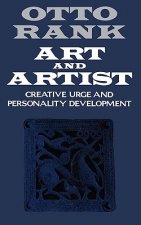
Art and Artist
28.20 € -15 % -

Sociobiology
65.20 € -1 % -

Ego and the Id - First Edition Text
7.07 € -
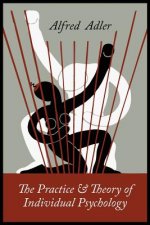
Practice and Theory of Individual Psychology
16.17 € -

PSYCHOPATHOLOGY & POLITICS
19 € -
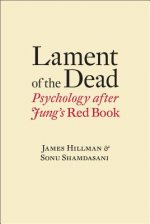
Lament of the Dead
28.50 € -19 % -

Eternal Drama
21.52 € -16 % -

On Being a Master Therapist - Practicing What You Preach
27.99 € -26 % -

Aion Lectures
21.93 € -18 % -
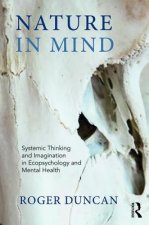
Nature in Mind
36.49 € -

Writing and Madness
27.19 € -11 % -
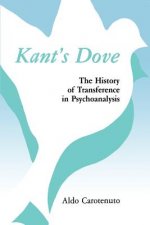
Kant's Dove
22.53 € -1 % -
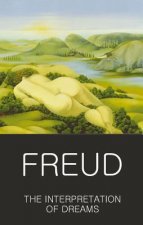
The Interpretation of Dreams
5.04 € -32 % -
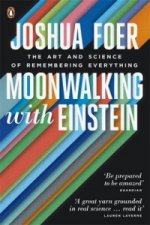
Moonwalking with Einstein
11.21 € -24 % -

Choice Factory
16.57 € -22 %
Osobný odber Bratislava a 2642 dalších
Copyright ©2008-24 najlacnejsie-knihy.sk Všetky práva vyhradenéSúkromieCookies


 21 miliónov titulov
21 miliónov titulov Vrátenie do mesiaca
Vrátenie do mesiaca 02/210 210 99 (8-15.30h)
02/210 210 99 (8-15.30h)